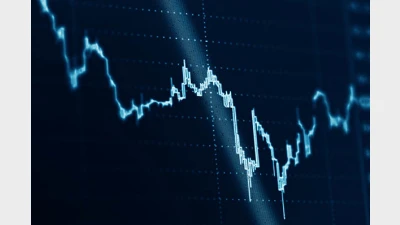European and Asian institutional investor sentiment softens


Institutional investors in Europe and Asia have shown a distinct difference in sentiment to those of their North American counterparts, according to the latest State Street Investor Confidence Index.
The index, released this week, declined 0.3 points to 93.8 driven by a seven point decrease in the European to 92.9 along with the 0.4 point decline in the Asian index to 108.1.
The index analysis pointed to the fact that, by contrast, the North American index rose two points from 87.6 to 89.6.
Commenting on the outcome, State Street's Ken Froot said stretched valuations and geopolitical risk did not support global sentiment at the start of 2017.
"While financial markets crave political stability, political change is disruptive," he said.
"With the new US Administration taking office mid-month, worries about trade policies and a stronger dollar have taken centre stage in 2017."
State Street Associates managing director and head of investor behaviour research, Rajeev Bhargava said it was noteworthy that after a more constructive vote of confidence by European investors in December, sentiment had moderated somewhat as the New Year started.
"Concerns surrounding the impending French and Dutch elections as well as a hard Brexit may have fuelled this cautious tone," he said.
Recommended for you
As market volatility persists, some super funds are pivoting defensively, while others are strategically positioning to capitalise on emerging opportunities.
New data has shown a progressive deterioration in risk appetite among instos even prior to Donald Trump’s latest round of tariffs.
UniSuper has reached “peak investment” in US assets and is now preparing to reassess its exposures amid ongoing sharemarket volatility.
Investors have slashed their US equity allocations to the lowest level on record, according to new data from Bank of America.












